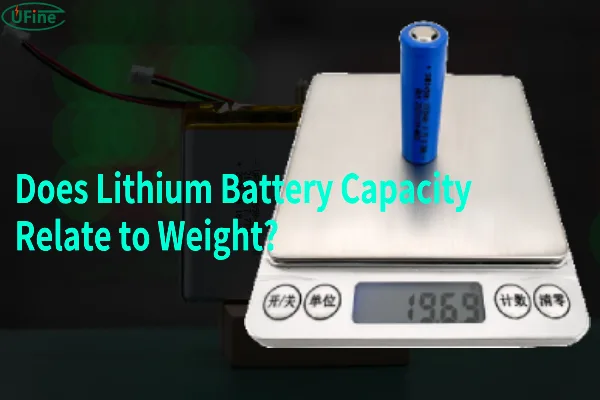I’m not going to google or AI this question for fun, and because who knows what interesting tid bits the brighter among us can share.
Is there any difference to the weight of a fully charged battery to an empty one? My first guess would be no, a crazy thought when considering the weight and space considerations of full ICE fuel tanks.
What do y’all think?
Is there any difference to the weight of a fully charged battery to an empty one? My first guess would be no, a crazy thought when considering the weight and space considerations of full ICE fuel tanks.
What do y’all think?





